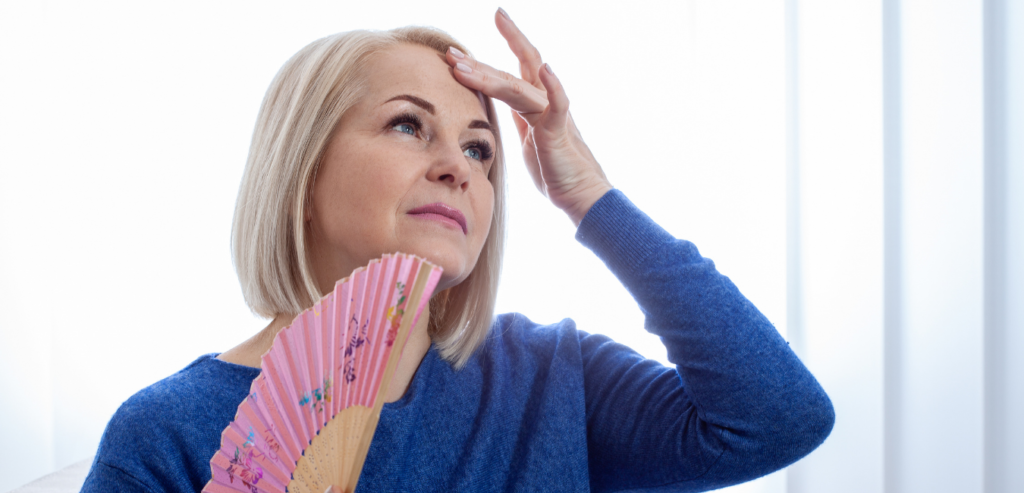How Menopause Symptoms Differ from Woman to Woman

Menopause is a natural transition in a woman’s life, signifying the end of her reproductive years. While it occurs in all women, the symptoms and their intensity vary widely. Understanding these differences can offer insights into the unique experiences of menopause and help individuals feel supported during this phase of life. Below is some information that explores the ways menopause symptoms differ across individuals and what factors may influence these variations.
Physical Changes Can Vary Significantly
The physical symptoms of menopause manifest differently for every woman. Some people may experience mild discomfort, while others face more significant disruptions to their daily routines. These symptoms are influenced by factors like hormonal fluctuations and individual sensitivity levels. Some common menopause symptoms include:
- Hot flashes: For some, they last just a few seconds, while others feel their effects for several minutes.
- Night sweats: Can range from mild to severe, impacting overall comfort.
- Changes in sleep patterns: Includes insomnia or fragmented sleep, which can be distressing for some but barely noticeable for others.
Each woman’s experience is unique, highlighting the varied nature of these changes.
Emotional Symptoms and Personal Factors
While menopause is often associated with physical changes, emotional symptoms can be equally profound. Many women report mood swings, feelings of irritability, or episodes of sadness. These emotional experiences differ greatly depending on personal mental health history, familial support, and coping mechanisms. Factors such as stress, sleep quality, and life circumstances further impact the emotional experience. Recognizing these variances helps highlight the value of personalized support for mental health during menopause.
Lifestyle Choices Affect Symptom Severity
Lifestyle habits and choices, including exercise routines, diet, and smoking history, play a role in how menopause symptoms manifest. Women who engage in regular physical activity and maintain a balanced diet may notice reduced severity in symptoms like joint pain or fatigue. Conversely, women with sedentary lifestyles might experience these symptoms more prominently.
The role of hydration is often discussed in relation to skin changes during menopause, such as dryness or reduced elasticity. Caffeine and alcohol consumption may affect symptoms like hot flashes or disrupted sleep. The connection between lifestyle and symptom management underscores the diverse nature of menopause experiences.
Genetic Factors Can Impact Menopause
A woman’s genetic background has been shown to influence how she experiences menopause. Certain symptoms, such as age of onset or the intensity of hot flashes, may follow patterns observed in maternal relatives. While this is not always the case, understanding family history can provide insights into what to potentially anticipate during this transition.
Recognizing Menopause as a Unique Experience
Menopause is not a one-size-fits-all experience. Each woman’s symptoms and the way they manage them are shaped by a combination of physical, emotional, and lifestyle factors. Acknowledging these differences allows for a deeper understanding of this natural phase in life. For women navigating menopause, seeking resources that resonate with their unique needs helps provide reassurance. Connecting with healthcare providers, support networks, or educational materials can be helpful steps in creating a positive approach to this life stage.





